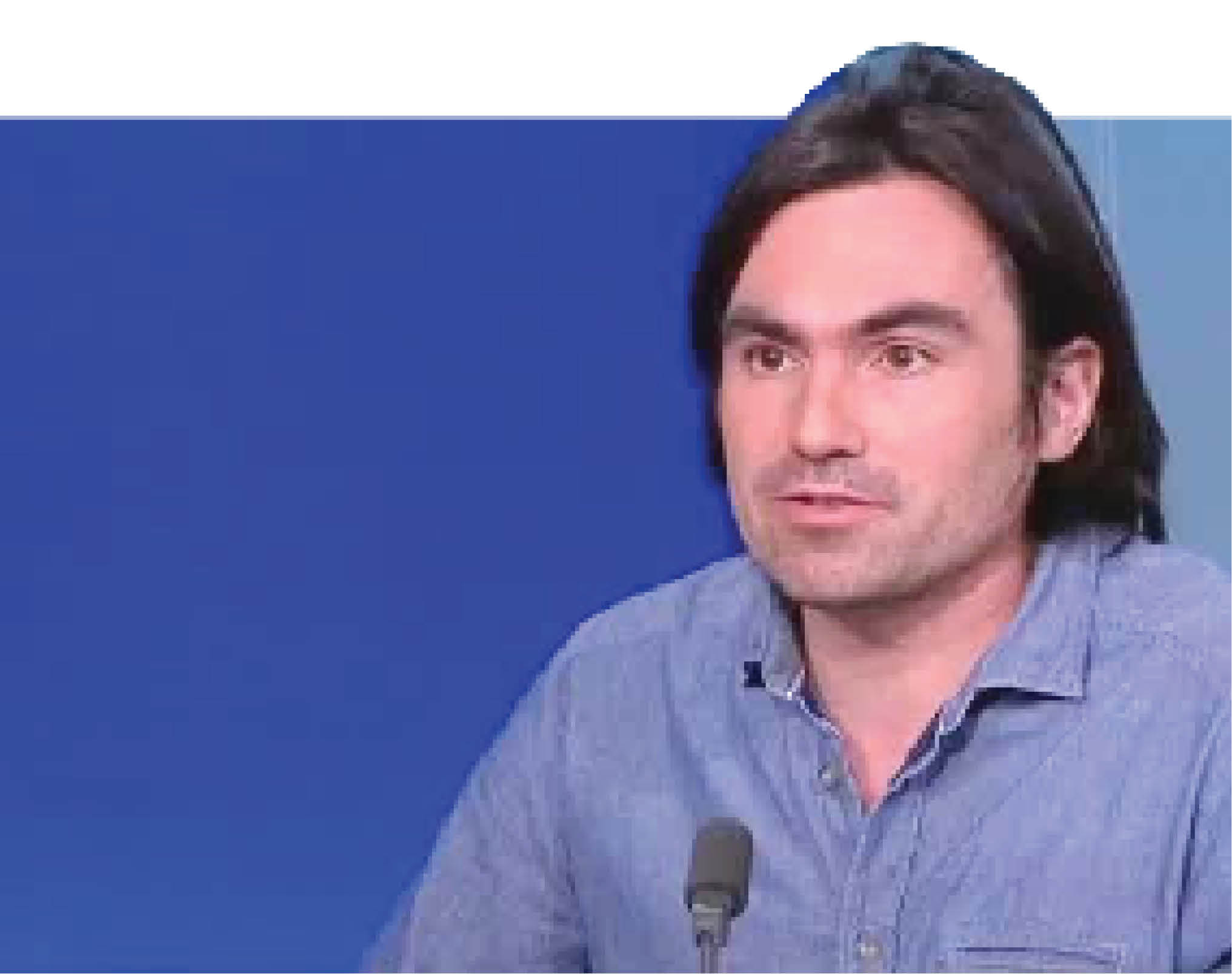Vincent Hiribarren is a Senior Lecturer in African History, King’s College, London. He is the author of ‘A History of Borno: Trans-Saharan African Empire to Failing Nigerian State’ (published in 2017) which he wrote for his PhD thesis. Bookshelf cornered him for a chat in Abuja.
Bookshelf: Why did you decide to write a history of Borno?
Vincent Hiraibarren: I was interested in studying African history. I’m French and I thought I have had enough of studying European History and it would be good to discover something different. I was very interested in the history of Africa before the Europeans arrived and knew it was long. Borno has a thousand-year long history, and after reading a lot I discovered that nothing was written in the last two hundred years, the 19th and 20th century. Most people just focus on the colonial and post-colonial period. For Borno, there were more books on the pre-colonial than there were on the colonial and post-colonial period. There was Nuhu Alkali who wrote something on Borno and the Sayfawa. After that, there was only one book in the 19th century, but there wasn’t much, and I thought to myself, I’m sure history hasn’t stopped.
So, it was interesting going to Borno and meeting and interviewing people there.
Bookshelf: What was your research process like?
Hiribarren: I read everything I could find first in London. Such as Nuhu Alkali and Bala Usman’s books. Also Muhammed Tukur’s on the conquest of Borno by the British. Then I went to Nigeria and the archive in Kaduna. I spent a month. It’s a very rich place and I like going there. People are very nice and working with them is interesting. I created a website for them that helps publicise their work. I then travelled to Borno to find documents which might be useful. I interviewed a lot of people for the book, which I wrote for my PhD thesis, then travelled to the border regions. Then I went into Cameroon and crossed the border back into Maiduguri. After that I went north to Damasak, then Difa.
Bookshelf: What was most challenging for you in the process of writing the book?
Hiribarren: The most challenging was the fact that when I was doing my research, Boko Haram were already there. So, my research was harder because of their presence. But I received a lot of help from Borno people, including the University of Maiduguri. Thanks to them I have had connections with people in Yobe and Borno. I met and interviewed the Shehu of Borno, and he was able to get me some form of protection while I was travelling. So, basically, they were doing security changes, so I was very happy and thought myself lucky.
Bookshelf: How did you handle the Boko Haram aspect of your research?
Hiribarren: The thing is, the story I wanted to tell was beyond Boko Haram. I wanted to show that Borno was not just about the terrorists. There’s the old kingdom of Kanem Borno, a thousand years ago. That was why I wrote the book. I even wrote a second one in French afterward which has been published. So, the main idea was to tell a different story of the region, which goes beyond the stereotypes of the northeast.
Bookshelf: How long did it take you to complete the work?
Hiribarren: It took me over two years.
Bookshelf: How would you describe the people of Borno?
Hiribarren: They are very welcoming. There is an etiquette to follow. It’s a place where there are a lot of things to understand that I didn’t when I arrived. They showed me a different image of their region and not of one spoiled by war or ravaged by insurgency. It’s one of people with a long history.
Bookshelf: What prompted your recent visit to Nigeria?
Hiribarren: I went back to Maiduguri to have a look at the French written documents. I wanted to see if I could do another type of study. I might do a third book on the north in general. I also went back to the archives in Kaduna where I worked on their website, and with the help of the French research institute in Africa, IFRA, I went to Zaria where I taught a workshop in Ahmadu Bello University. Then I went south to Ibadan. So, yes, I like being in Nigeria.

 Join Daily Trust WhatsApp Community For Quick Access To News and Happenings Around You.
Join Daily Trust WhatsApp Community For Quick Access To News and Happenings Around You.


